When teenage Priscilla Beaulieu meets Elvis Presley at a party, the man who is already a meteoric rock-and-roll superstar becomes someone entirely unexpected in private moments: a thrilling crush, an […]
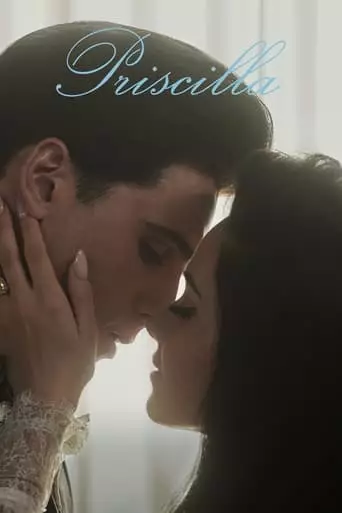
When teenage Priscilla Beaulieu meets Elvis Presley at a party, the man who is already a meteoric rock-and-roll superstar becomes someone entirely unexpected in private moments: a thrilling crush, an […]
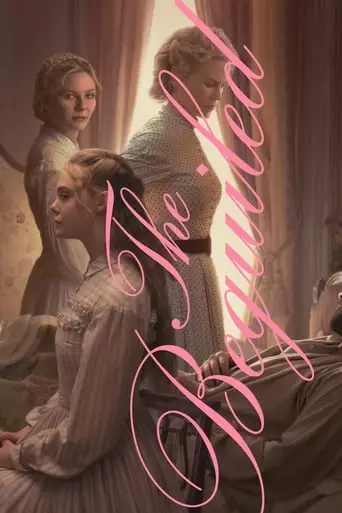
During the Civil War, at a Southern girls’ boarding school, young women take in an injured enemy soldier. As they provide refuge and tend to his wounds, the house is […]
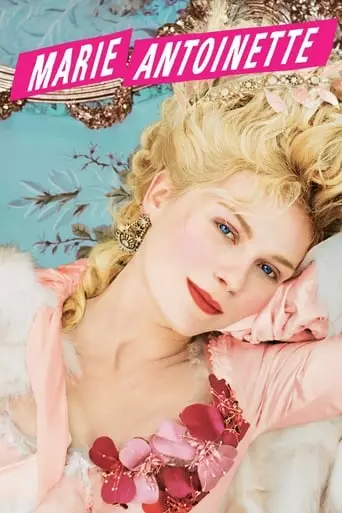
An Austrian teenager marries the Dauphin of France and becomes that country’s queen following the death of King Louis XV in 1774. Years later, after a life of luxury and […]
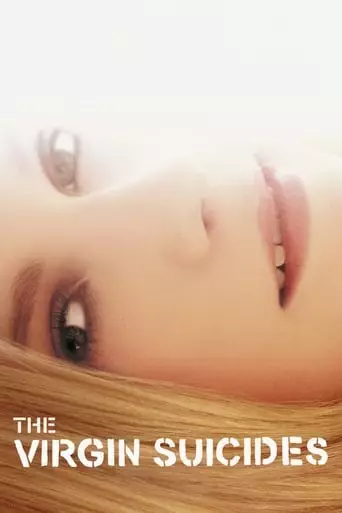
A group of male friends become obsessed with five mysterious sisters who are sheltered by their strict, religious parents. Sofia Coppola’s The Virgin Suicides (1999) is a haunting exploration of […]
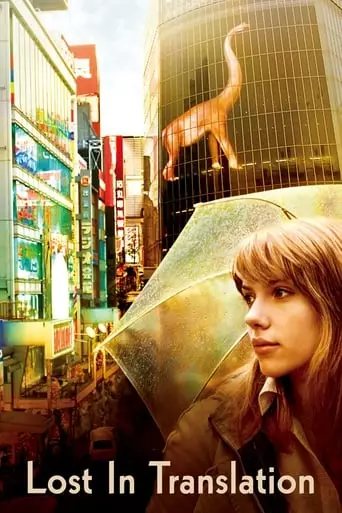
Two lost souls visiting Tokyo — the young, neglected wife of a photographer and a washed-up movie star shooting a TV commercial — find an odd solace and pensive freedom […]
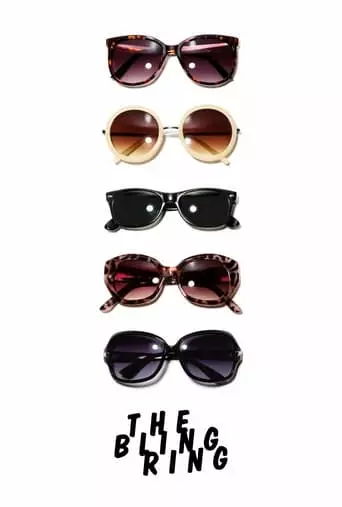
Inspired by actual events, a group of fame-obsessed teenagers use the Internet to track celebrities’ whereabouts in order to rob their homes. The Bling Ring is a 2013 crime drama […]
Sofia Coppola: The Auteur of Subtlety and Elegance in Modern Cinema
Sofia Coppola is a celebrated American filmmaker, screenwriter, and producer known for her distinctively atmospheric storytelling and meticulous attention to visual and emotional detail. From her debut feature, The Virgin Suicides (1999), to the critically acclaimed Lost in Translation (2003) and Marie Antoinette (2006), Coppola has carved out a unique space in cinema, crafting films that explore themes of isolation, privilege, and the female experience.
As one of the most influential directors of her generation, Coppola’s work is characterized by its poetic visuals, understated performances, and contemplative narratives.
Early Life and Artistic Roots
Sofia Carmina Coppola was born on May 14, 1971, in New York City into a legendary filmmaking family. She is the daughter of Francis Ford Coppola, the iconic director of The Godfather trilogy, and Eleanor Coppola, an artist and documentarian. Growing up on film sets, Coppola was immersed in the world of cinema from an early age, which shaped her creative instincts.
After a brief stint in acting, including a much-criticized role in The Godfather Part III (1990), Coppola shifted her focus to writing and directing, where she found her true artistic voice.
Directorial Debut: The Virgin Suicides (1999)
Coppola’s debut feature, The Virgin Suicides, established her as a filmmaker to watch. Based on Jeffrey Eugenides’ novel, the film tells the haunting story of five sisters growing up in a strict household in 1970s suburban America.
Starring Kirsten Dunst, James Woods, and Kathleen Turner, the film was praised for its dreamlike cinematography and poignant exploration of adolescence, repression, and tragedy. Coppola’s ability to evoke a nostalgic yet unsettling mood set the tone for her future work.
Breakthrough: Lost in Translation (2003)
Lost in Translation marked Coppola’s breakthrough into mainstream acclaim. The film stars Bill Murray as a washed-up actor and Scarlett Johansson as a young woman navigating her identity, both finding solace in their unlikely friendship while staying in a Tokyo hotel.
The film was a critical and commercial success, earning Coppola the Academy Award for Best Original Screenplay and nominations for Best Picture and Best Director, making her the third woman in history to receive a Best Director nomination.
With its melancholic tone, minimalist dialogue, and nuanced performances, Lost in Translation cemented Coppola’s reputation as a master of subtle, emotionally resonant storytelling.
Marie Antoinette (2006): A Bold Period Piece
Coppola’s Marie Antoinette reimagined the life of the ill-fated French queen with a modern sensibility. Starring Kirsten Dunst in the title role, the film blended historical drama with contemporary elements, including a new wave soundtrack and vibrant pastel aesthetics.
Though initially polarizing, the film has since been reevaluated as a daring and innovative take on historical storytelling, praised for its visual inventiveness and exploration of youthful excess and isolation.
Exploring Intimacy and Privilege
Coppola’s subsequent films continued to delve into themes of loneliness, fame, and privilege:
Somewhere (2010): A quiet, introspective drama about a Hollywood actor (Stephen Dorff) reconnecting with his daughter (Elle Fanning) in a luxurious yet hollow world.
The Bling Ring (2013): A satirical take on celebrity obsession, based on the true story of teenagers who burglarized the homes of Hollywood stars.
The Beguiled (2017): A Southern Gothic thriller about a group of women in a Confederate boarding school whose lives are disrupted by a wounded Union soldier. Coppola won the Best Director award at the Cannes Film Festival for this film, becoming the second woman in history to achieve the honor.
Hallmarks of Coppola’s Style
Atmospheric Storytelling: Coppola’s films prioritize mood and tone, often using minimal dialogue and evocative visuals to convey emotion.
Exploration of Isolation: Her characters frequently grapple with loneliness, identity, and the search for connection.
Aesthetic Precision: From the pastel hues of Marie Antoinette to the sleek minimalism of Somewhere, Coppola’s films are visually stunning, with meticulous attention to detail.
Focus on Women’s Stories: Coppola often centers her narratives on female protagonists, exploring their inner lives and societal pressures.
Music as a Narrative Tool: Coppola’s soundtracks, featuring artists like Air, The Cure, and Phoenix, are integral to the emotional and thematic resonance of her films.
Influence and Legacy
Sofia Coppola has become one of the most influential voices in contemporary cinema, inspiring filmmakers with her unique approach to storytelling. Her ability to capture the nuances of human emotion and the complexities of modern life has earned her a dedicated following and critical acclaim.
Her work continues to challenge traditional cinematic conventions, blending arthouse sensibilities with universal themes. Coppola’s films resonate deeply, offering a contemplative escape into worlds that are both specific and timeless.
Conclusion
Sofia Coppola’s career is a testament to the power of understated storytelling and the beauty of the cinematic medium. Whether exploring the alienation of a young queen in Versailles or the quiet connection between strangers in Tokyo, Coppola’s films invite audiences to reflect on the complexities of human experience.
As she continues to push creative boundaries, Sofia Coppola remains a vital and visionary force in modern cinema, celebrated for her ability to blend elegance, emotion, and artistry in every frame.